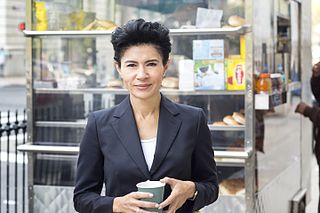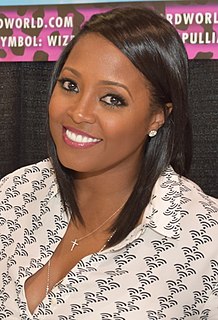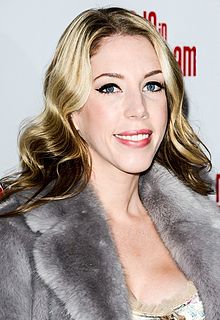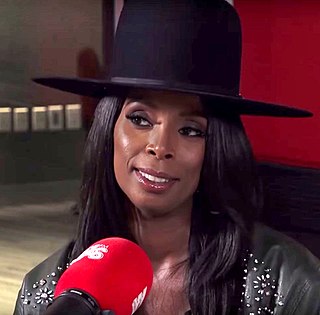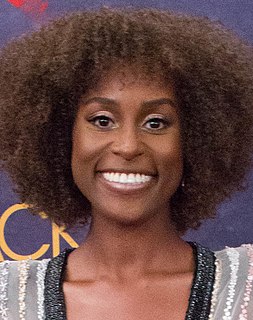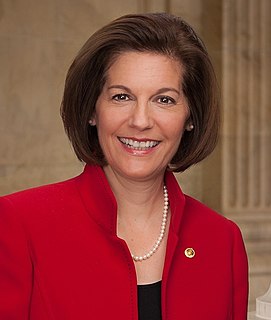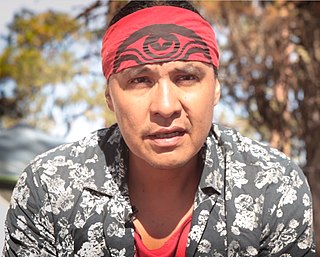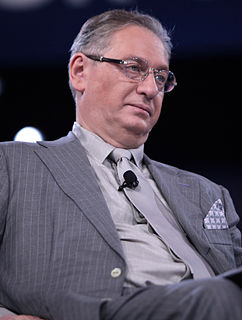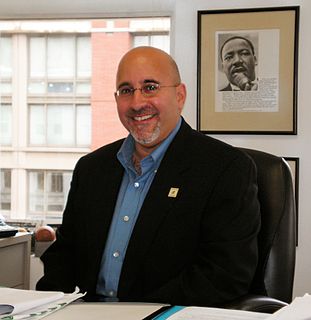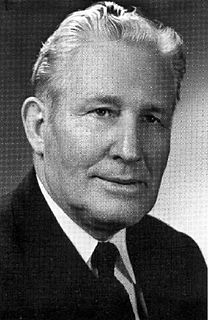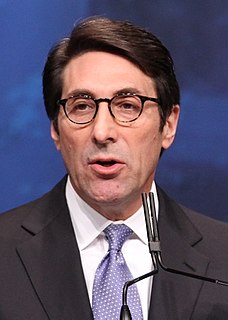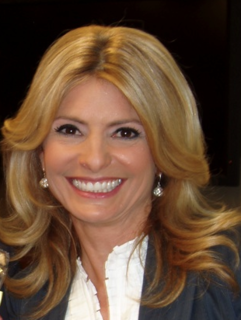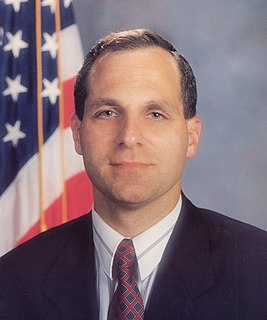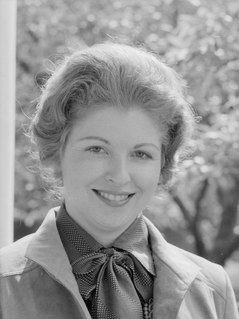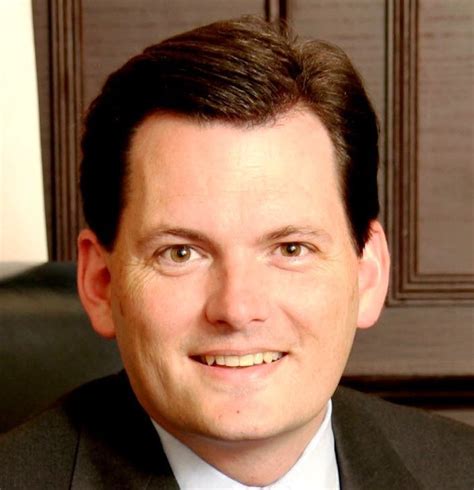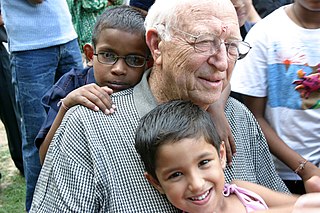A Quote by Jami Floyd
My parents pressed upon me that "In this world, you are a black woman," so I was political about my hair and would not straighten it.
Related Quotes
I remember going through that process of growing my hair out, straightening it, cutting off the relaxed hair. I finally got to a point where I went to the Dominicans because they can straighten it real good. By the end of the day, the part of my hair that had just been pressed straight was already starting to coil back up.
The first decade of the twentieth century was not a great time to be born black and poor and female in St. Louis, Missouri, but Vivian Baxter was born black and poor, to black and poor parents. Later she would grow up and be called beautiful. As a grown woman she would be known as the butter-colored lady with the blowback hair.
Black women are some of the most colorful women in the world. We come in all shadeshave so many hair textures..eye colors..body types. In this generation, it's sad to see so many black girls claiming ethnicities that they know nothing about in hopes of impressing a man or appearing 'exotic'. So many people act as if being black and beautiful is impossible. It's not. If we wanna get technical and look at our history, almost every black American is mixed. But we must stop implying that a woman's beauty comes from a part of her that is not black.
I'm very fortunate. I loved school and, when I went there, race, gangs and violence were not issues. There was a feeling, gone now, that you had to be presentable. If you hadn't combed your hair, older black ladies - complete strangers - would come up to you in the street and pull out a comb and straighten your tie.
